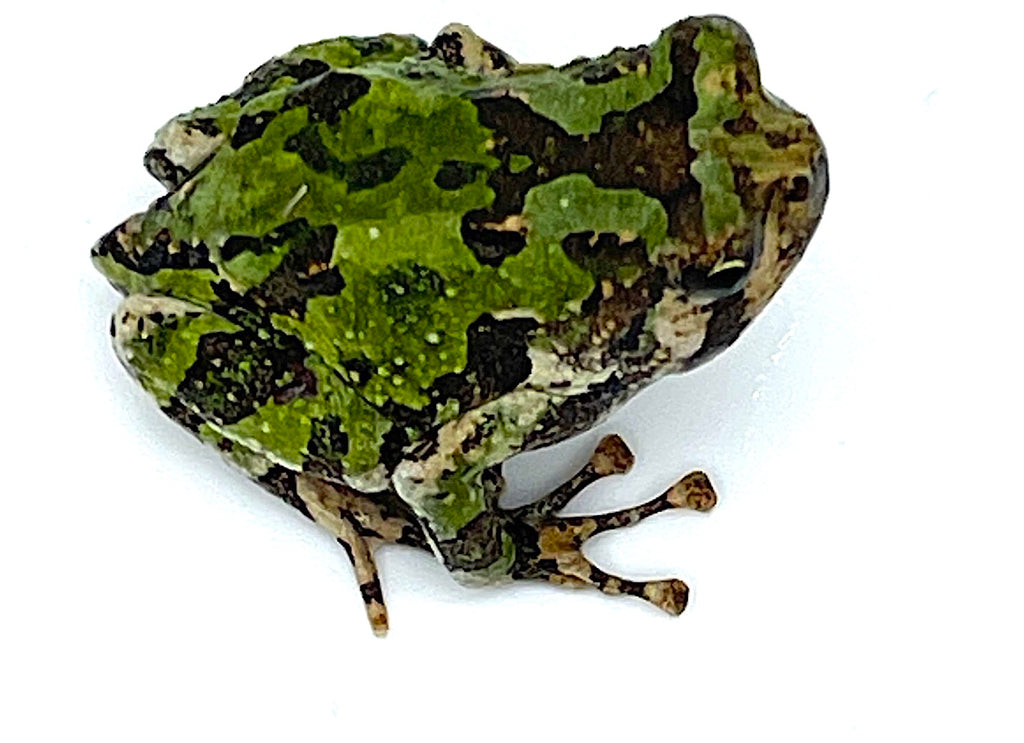Common Wellness Issues in Reptiles: Signs and Solutions
In the complex globe of reptile treatment, comprehending the common wellness concerns that might impact these distinct creatures is vital in guaranteeing their well-being. From respiratory system infections that can calmly hold to metabolic bone diseases that can disable, reptiles are prone to a variety of disorders that call for keen observation and prompt intervention. Whether it's facing parasitic invasions, browsing dehydration issues, or attending to skin ailments that show up in subtle ways, being attuned to the signs and outfitted with the knowledge of efficient options is essential for any reptile owner. By delving further into the nuances of these wellness issues and discovering the sensible remedies available, one can safeguard the health and vitality of these interesting pets.
Respiratory Infections
Respiratory system infections in reptiles can considerably affect their total health and call for prompt interest from seasoned veterinarians. These infections are commonly triggered by bacteria, fungi, or viruses and can show up via symptoms such as wheezing, nasal discharge, open-mouth breathing, and lethargy. In reptiles, respiratory infections can be especially challenging to identify and treat due to their distinct composition and physiology. Veterinarians commonly depend on a mix of health examinations, diagnostic imaging, and laboratory tests to accurately recognize the underlying root cause of the infection.
Treatment for respiratory system infections in reptiles commonly entails a combination of supportive treatment, such as preserving proper moisture levels and temperature level slopes in the enclosure, along with targeted drug to attend to the particular virus in charge of the infection. It is vital for reptile proprietors to check their animals very closely for any type of signs of respiratory distress and look for veterinary care at the earliest sign of a problem. With prompt intervention and ideal treatment, many reptiles can recoup fully from respiratory system infections and resume regular activities.

Metabolic Bone Disease
What variables add to the growth of Metabolic Bone Disease in reptiles?
Metabolic Bone Illness (MBD) in reptiles is largely brought on by a lack of appropriate calcium, phosphorus, and vitamin D3 levels in their diet. When reptiles do not get appropriate calcium, either via their food or appropriate UVB direct exposure for vitamin D3 synthesis, they go to a high risk of developing MBD. Reptiles with diet plans reduced in calcium or unbalanced calcium to phosphorus proportions are specifically susceptible. Additionally, inadequate exposure to UVB light avoids reptiles from synthesizing vitamin D3, which is vital for calcium absorption and bone wellness.
Insufficient moisture levels can likewise impact a reptile's capacity to metabolize calcium successfully. Normal veterinary exams, appropriate husbandry practices, and a well balanced diet are important to stop Metabolic Bone Disease in reptiles.
Parasitical Infestations
Parasitical infestations present a significant health and wellness risk to reptiles, impacting their total wellness and calling for prompt veterinary focus. Reptiles can be affected by different bloodsuckers, including mites, ticks, inner worms, and protozoa. These parasites can trigger a series of signs and symptoms, such as weight management, sleepiness, skin irritation, diarrhea, and also fatality if left neglected.
One typical bloodsucker found in reptiles is the mite, which can create skin irritability, tension, and anemia. Ticks are an additional exterior parasite that can trigger and transfer illness pain to the reptile. Inner bloodsuckers like worms and protozoa can bring about digestive issues, poor nutrition, and deteriorate the reptile's body immune system.
To detect a parasitical infestation, a vet might perform fecal tests, skin scrapings, or blood tests. Therapy often involves deworming medications, antiparasitic baths, or in severe instances, hospitalization. Preventative measures such as regular vet exams, appropriate hygiene, and quarantine procedures for new reptiles can aid decrease the threat of parasitical invasions and make certain the health of reptile pets.
Dehydration and Hydration Issues
Dehydration in reptiles can dramatically influence their wellness and wellness, necessitating prompt treatment and suitable hydration management. Reptiles are vulnerable to dehydration because of different factors such as poor water consumption, high environmental temperature levels, and specific health problems. Signs of dehydration in reptiles include sunken eyes, sleepiness, loss of skin flexibility, and reduced peeing. Dehydration can lead to significant health and wellness issues and also be fatal moved here to the reptile - rain frog for sale. if left without treatment.
To avoid dehydration, reptile owners need to make sure that their animals have accessibility to clean water in all times. The water dish must be large enough for the reptile to saturate in if needed, particularly for types that take in water through their skin. In addition, preserving proper humidity degrees in the reptile's unit and offering normal bathrooms can help stop dehydration.
In cases of dehydration, it is vital to seek veterinary care immediately. A vet may carry out liquids either by mouth or through injections to rehydrate the reptile. It is important to address the underlying cause of dehydration to stop reappearance and guarantee the reptile's general health.
Skin Ailments

Final Thought

Breathing infections in reptiles can considerably impact their total health and wellness and require punctual attention from seasoned vets (rain frog for sale). Preventative measures such as normal veterinary exams, proper health, and quarantine procedures for brand-new reptiles can assist decrease the danger of parasitical invasions and ensure the wellness of reptile pets
If left untreated, dehydration can lead to severe wellness problems and also be fatal to the reptile.
Regularly checking your reptile for any adjustments in skin structure, look, or color can assist in very early detection and therapy of skin ailments, promoting the overall health and wellness of your flaky companion. - rain frog for sale
In final thought, reptiles are vulnerable to various health and wellness concerns such as respiratory infections, metabolic bone illness, parasitical problems, dehydration, and skin ailments.